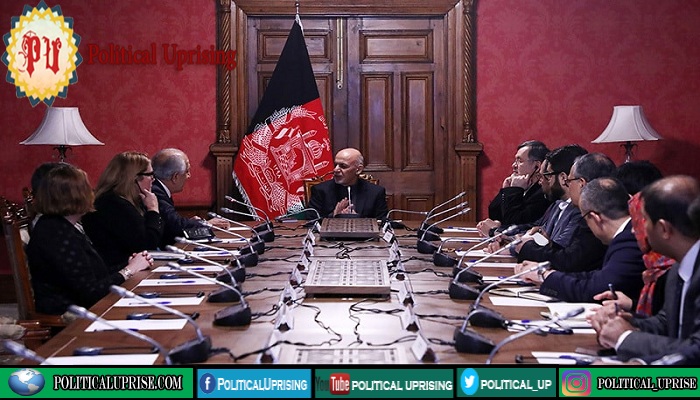Pakistani Supreme court Justice Munib Akhtar Said Parliamentarians are bound to follow the policy of the political party they are affiliated with.
A five-member larger bench of the apex court, headed by Justice Umar Ata Bandial and comprising Justice Muneeb Akhtar, Justice Aijazul Ahsan, Justice Mazhar Alam, and Justice Jamal Khan Mandokhel is hearing the reference along with a plea filed by the Supreme Court Bar Association (SCBA) against public gatherings of the Opposition and the government in the Islamabad ahead of the no-confidence motion against Prime Minister Imran Khan.
“Lawmakers have to vote in accordance with their party’s mandate. They have to follow the party policy. Full stop, that’s it,” Justice Akhtar said.
However, he noted that no MNA can be tagged as “good boy or bad boy”.
Justice Mandokhel remarked that the Article 55 stipulates that all the parliamentary proceedings should be done through voting.
Whereas CJP Bandial stated that Article 63(A) is a “discipline of the emerging political system.”
“The article binds the lawmakers to stand by their party no matter even if they are unhappy with it.”
At this, Attorney General of Pakistan (AGP) Khalid Jawed Khan said the country’s political system is based on Article 63(A) or Article 95 whose violation could collapse the entire system.
Following the attorney general’s response, the bench members flooded the court with questions.
Moving on, the AGP said according to a judgment of the apex court on Article 17(2), the vote on an individual has no substance it is considered collective and part of the party.
Canadian mining company ended dispute with Pakistan
At this, the chief justice said the court was still deliberating over the arguments being presented to it.
“All of these arguments are of extreme importance,” remarked the top judge.
Justice Mandokhel, contrary to Justice Akhtar, said voting is an individual right and the parliamentarian is not bound by the party. Meanwhile, Justice Ahsan asked whether a lawmaker could vote outside party lines.
At this, Justice Akhtar said political parties are an institution and violating their discipline could weaken or even destroy them.
Justice Mandokhel asked the AGP whether a party member could leave a party if it takes wrong decisions. AGP Khan said that if a member wants to part ways with the party then they should submit their written resignation.
At this, CJP Bandial said: “This means that if a person defects from their party, they will have to face consequences.”
While Justice Ahsan observed that if such a thing happens, then a new pandora’s box will open for the government as it already has a thin majority in the National Assembly.
Justice Akhtar reiterated that if every member starts deciding their own policy, then the political party would turn from an institution to a mob.
CJP then asked the AGP whether floor-crossing was allowed in other democratic countries or not. Responding to the chief justice, AGP Khan said: “In other countries, prices go down before Christmas. In our country, prices double during Ramadan.
Moreover, Justice Mandokhel asked the AGP whether he wanted the party leader to become the “king”?
“We neither want them to be king nor do we want them to become turncoats,” the AGP responded.
The CJP then adjourned the proceedings till tomorrow and issued notices to the SCBA, PTI’s allies, and all the political parties for assisting the apex court during the proceedings.
On March 22, the apex court had constituted a five-member larger bench to hear the presidential reference filed by the federal government to seek the top court’s opinion on Article 63-A.
First transgender madrasa in Pakistan breaks barriers
The government had decided to approach the SC for interpretation of Article 63-A as several PTI lawmakers announced to vote on the no-trust motion, in a violation of the party policy.
In the reference, the government sought the apex court’s opinion on two interpretations of Article 63-A and which one should be adopted and implemented to achieve the constitutional objective of curbing the menace of defections, purification of the electoral process, and democratic accountability.
The reference stated if the constitutional disapproval and prohibition against defection was effectively enforced with deterrence for the future as well, many such members would stand disqualified for life under Article 62(1)(f) and would never be able to pollute democratic streams.



